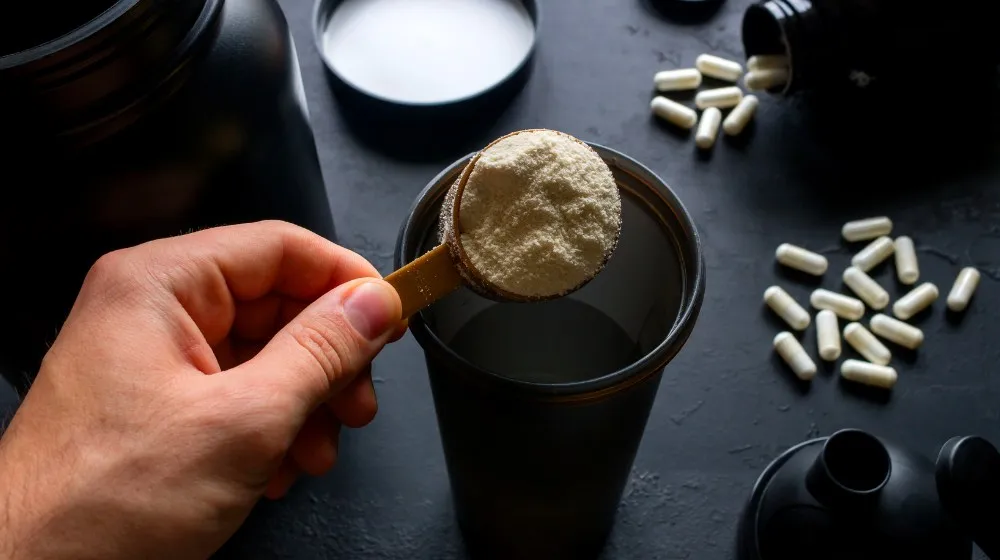Achieving peak performance in your workouts often requires careful consideration of what you eat before hitting the gym or engaging in physical activity. Pre-workout nutrition plays a pivotal role in fueling your body, enhancing endurance, and optimizing muscle function. In this blog post, we’ll explore the importance of pre-workout nutrition, what to eat, when to eat it, and how to make the most of your training sessions.

1. The Significance of Pre-Workout Nutrition:
- Begin by highlighting the critical role that pre-workout nutrition plays in optimizing exercise performance. Explain how it provides the energy and nutrients necessary for a successful workout.
2. Timing Matters:
- Discuss the importance of timing your pre-workout meal or snack. Provide insights into the optimal timing based on individual preferences and digestive comfort.
3. The Macronutrient Balance:
- Explore the ideal macronutrient ratios for a pre-workout meal. Emphasize the importance of carbohydrates for energy, protein for muscle repair, and fats for sustained energy.
4. Carbohydrates for Energy:
- Detail the role of carbohydrates in pre-workout nutrition, explaining how they provide readily available energy for workouts. Provide examples of carbohydrate-rich foods like fruits, whole grains, and starchy vegetables.
5. Protein for Muscle Support:
- Discuss the benefits of including protein in your pre-workout meal, focusing on muscle repair and recovery. Suggest lean protein sources like chicken, fish, tofu, or plant-based options.
6. Fats for Sustained Energy:
- Explain how healthy fats can contribute to sustained energy during longer workouts. Mention sources like avocados, nuts, and olive oil.
7. Hydration and Electrolytes:
- Stress the importance of staying well-hydrated before exercise and maintaining proper electrolyte balance. Provide tips on how to hydrate effectively.
8. Pre-Workout Supplements:
- Introduce the concept of pre-workout supplements like branched-chain amino acids (BCAAs) or caffeine. Highlight that these supplements should be used judiciously and in accordance with individual needs.
9. Personalization:
- Encourage readers to personalize their pre-workout nutrition based on their specific goals, activity type, and preferences.
10. Sample Pre-Workout Meals and Snacks: – Provide a list of practical pre-workout meal and snack ideas to give readers a concrete starting point for their nutrition planning.
11. Experimentation and Adaptation: – Emphasize that finding the ideal pre-workout nutrition strategy may require some experimentation and adaptation over time. What works best can vary from person to person.
12. Food Sensitivities and Digestion: – Mention the importance of considering food sensitivities and digestive comfort when choosing pre-workout foods.
13. Conclusion: – Summarize the key takeaways, underlining the value of pre-workout nutrition in optimizing performance and suggesting that readers experiment with different strategies to find what works best for them.
In conclusion, maximizing your pre-workout nutrition is a crucial step in achieving peak performance during exercise. By paying attention to timing, macronutrient balance, hydration, and individual preferences, you can ensure that your body is adequately fueled and ready to perform at its best. Encourage readers to prioritize their pre-workout nutrition as an essential component of their fitness routine.

